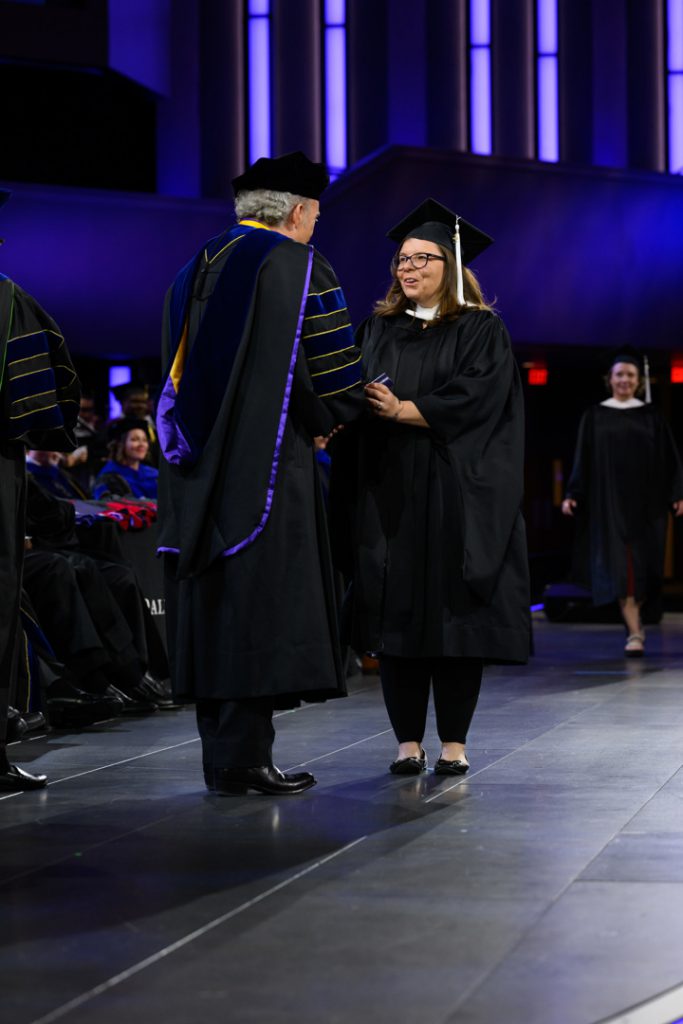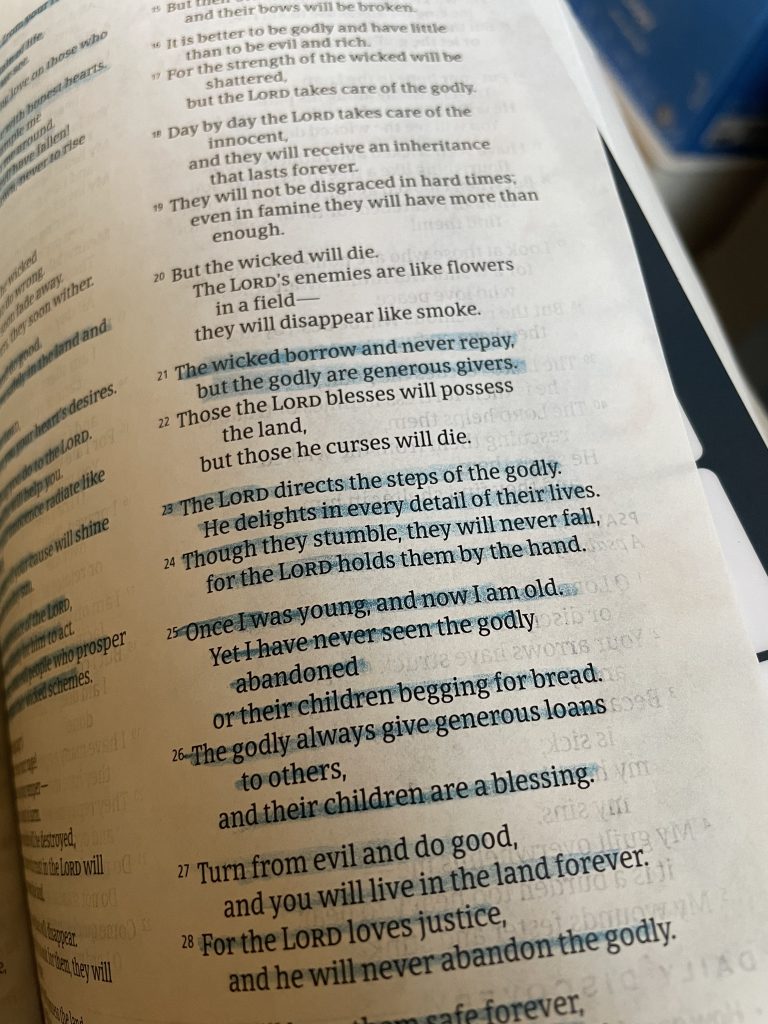
Considered but not Chosen
“Not sure if it will make you feel any better,” the email read, “but it came down to you and this other candidate.” My eyes burned. I’d been waiting for an update for about a week, but it felt like both an eternity and an exhale to find out that I was highly considered but not chosen.
With little time to recover from my disappointment, I boarded a bus with six counselors and thirty-five kids for a week in the Texas heat at Kids’ Camp. On our 2-hour commute to the campgrounds, we watched the movie: Sing. In it, Meena—a shy elephant with a gorgeous voice— experiences stage fright ruining her chances to be a part of the performance. Later, she returns in hopes of a second opportunity to audition. She greets a distracted Buster Moon who offers her a job as a stagehand. It’s not the stage—I can almost see her reason—but it’s a close second.
Unseen but Known
“God closed this door for now,” the text read, “but he knows what door he wants to open for you…I’m excited to see God’s first choice for you.” Leave it to my dear friend Susan to remind me of God’s thoughts toward me. I am not second place to Him. But I might have to experience second place in order to grow.
In her book Unseen, Sarah Haggerty unpacks this concept of hiddenness, of being “unseen.” She writes, “This is hiddenness. It’s not a natural concept for our minds to apprehend. There are times when God tucks us away. He might hide us in a difficult job or an unwelcomed circumstance where we feel like no one gets us, where we feel misunderstood. He might hide us in a crowd where we feel lost—unseen—or behind the door of our homes, changing diapers and burping babies. He does this all so we might see another side of Him, this God who looks deeply and knowingly into us when no one else is looking or noticing…”
There are times when God tucks us away. He might hide us in a difficult job or an unwelcomed circumstance where we feel like no one gets us…He does this all so we might see another side of Him, this God who looks deeply and knowingly into us when no one else is looking or noticing…”
Sarah Haggerty, Unseen
Liminal Space
In her book Bearing God’s Name, author Carmen Joy Imes writes about the concept of liminal space. She describes it as this in-between existence—being in the doorway—neither inside a room nor outside. She writes of the Israelites’ experience with liminality on their travels to Canaan. They were neither in Egypt nor in the promised land. She writes, “For Israel, the wilderness journey from Egypt to Canaan is liminal space. Far more than just a place to pass through, it is the workshop of Israel’s becoming. The wilderness is the temporary destination that makes them who they are. Liminal places always do this. They change us.”
“The wilderness is the temporary destination that makes them who they are. Liminal places always do this. They change us.”
Carmen Joy Imes, Bearing God’s name
Like most of the world, I find the in-between a bit unbearable. I don’t want to straddle what has been with what will be. But perhaps the waiting serves a purpose in my becoming?
When I sat in the in-between of job interview and hearing a decision, I stumbled across Tasha Layton’s song, Thank You for the No.
The chorus goes:
Thank you for the not yet
Thank you For the No, Tasha Layton
Thank you for the not now
For the hold on
For the silence
It took a while to see
How you were saving me for something
A little farther down the road
And now I’m standing in your better yes
I remember joking with God as if to ask if this song was preparing me for a “no.” What I really hoped for was an opportunity to stand in God’s “better yes”—to thank him for all the other “no’s” I’d experienced.
But just before that chorus are these words:
Cause You knew I wasn’t ready
Thank you for the no, tasha Layton
You knew the time it’d take
Now that I can see your wisdom
Standing in this place
I say thank you…
Like the Israelites in the wilderness, we can find value in the “not yet.” We can trust God’s wisdom. We can thank him for the “not now.”
Waiting is a Form of Trust
My final year at seminary, my husband and I talked over what life after seminary would look like. Was this just a hobby degree? A personal growth-experience? Or was it meant to be more? We both agreed God’s calling upon my life reached beyond the gift of homemaking but how does a writer make a living? How do you translate a love of the Bible and a love of communicating into a nine to five job?

I read in my Bible reading plan this morning that “Waiting is a form of trust.” David knew about this waiting. I contemplated the starts and stops of his life HERE. Even in his waiting, and waiting, and waiting to become King, David wrote, “The Lord directs the steps of the godly. He delights in every detail of their lives.”

I’m thankful that the Lord “delights in every detail.” What a sweet reassurance of my day to day and the days to come—even in the waiting.
Time to Shine
At the conclusion of the movie Sing, Meena got her time to shine and she brought the stage down—literally. But she got there because of the work that took place in the middle—through her faithfulness pulling ropes and pushing buttons and serving others who were in the spotlight.
In a few short weeks, my children will return to school and my husband to his office space and work responsibilities. And I will sit in this liminal space between graduation and the next right thing. I imagine our house will turn spotless and my GoodReads reading goal will be achieved. I’ll volunteer and work on my podcast and learn Greek, and trust that this purposeful waiting is changing me. That being second place serves a purpose. I will look to God to use this in-between to bring glory to Himself.





Leave a Reply